Traditional Cooking Classes Alternatives: Online Recipes & Tutorials
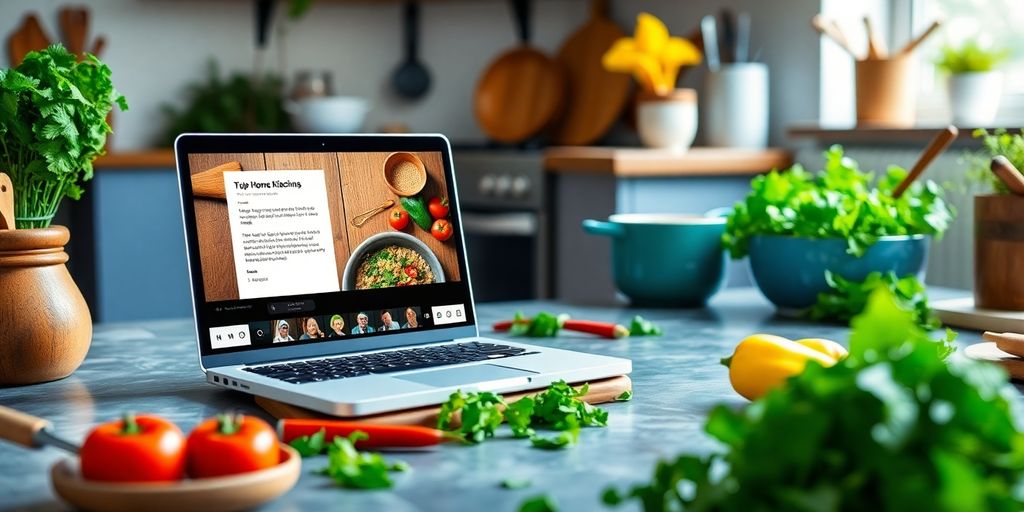
If you’ve ever thought about taking a cooking class but felt overwhelmed by the idea of going somewhere in person, you’re not alone. Thankfully, there are plenty of alternatives out there. With the rise of online cooking classes, recipes, and tutorials, you can learn to whip up delicious meals right from your kitchen. Whether you’re just starting out or looking to sharpen your skills, there’s something for everyone. Let’s explore some great options for learning to cook without stepping foot in a traditional classroom.
Key Takeaways
- Online cooking classes offer flexibility and convenience, allowing you to learn at your own pace.
- There are many free resources available, including YouTube channels and cooking blogs, to help you get started.
- Interactive tutorials, like live streaming classes, provide real-time guidance and engagement.
- Exploring diverse cuisines online can inspire creativity and expand your cooking repertoire.
- Choosing the right online class involves checking the course content, instructor experience, and user reviews.
Exploring Online Cooking Classes
Online cooking classes have exploded in popularity, and for good reason. They bring the culinary world right into your kitchen. Forget about battling traffic to get to a class or feeling intimidated in a professional kitchen. Now, you can learn at your own pace, in your pajamas if you want! The flexibility and convenience are unmatched.
Benefits of Online Learning
Online cooking classes come with a ton of perks. First off, convenience is a huge factor. You can learn whenever you have the time, whether it’s a quick lesson during your lunch break or a longer session on the weekend. Plus, you have access to a wider range of instructors and cuisines than you might find locally. It’s also often more affordable than in-person classes, since there are no overhead costs for studio space.
- Learn at your own pace
- Access to global instructors
- Often more affordable
I remember trying to learn how to make sushi from a local chef, and it was a disaster. The class was packed, the instructor was rushed, and I couldn’t keep up. With online classes, I can pause, rewind, and practice until I get it right. It’s a much less stressful way to learn.
Types of Online Classes
There’s a class for everyone, no matter your skill level or interest. You can find classes that focus on specific cuisines, like Italian or Thai, or that teach basic cooking techniques, like knife skills or sauce making. Some classes are live and interactive, while others are pre-recorded. Some platforms even offer specialized courses, like vegan baking or gluten-free cooking. The options are truly endless.
- Cuisine-specific classes
- Technique-focused workshops
- Live and pre-recorded options
Platforms to Consider
So, where do you start your search for the perfect online cooking class? There are many platforms available, each with its own strengths. MasterClass is great for learning from celebrity chefs, while Skillshare offers a wide variety of classes at affordable prices. YouTube is a fantastic resource for free tutorials, and some culinary schools even offer online programs. Do some research and find the platform that best fits your needs and budget.
Here’s a quick comparison of some popular platforms:
| Platform | Pros | Cons |
|---|---|---|
| MasterClass | Celebrity instructors, high production value | More expensive |
| Skillshare | Affordable, wide variety of classes | Quality can vary |
| YouTube | Free, huge selection | Can be overwhelming, quality not guaranteed |
Free Resources for Aspiring Chefs

It’s amazing how many resources are out there if you’re trying to learn to cook without spending a ton of money. You don’t need to enroll in fancy classes to become a decent cook. A lot of it just comes down to practice and finding the right places to learn.
YouTube Cooking Channels
YouTube is a goldmine. There are countless channels dedicated to cooking, from basic skills to advanced techniques. You can find channels that focus on specific cuisines, dietary restrictions, or skill levels. The great thing about YouTube is that it’s visual, so you can actually see how things are done. I remember when I first started learning to cook, I watched so many videos on how to properly chop an onion. It made a huge difference. Some channels are better than others, so it pays to do a little digging and find ones that match your style and what you want to learn. ChefSteps is a great example, offering high-quality content for all skill levels, completely free. The downside is that there’s no live interaction, and ads can be annoying.
Blogs and Recipe Websites
Don’t underestimate the power of a good food blog. Many chefs and home cooks share their recipes and tips online for free. These blogs often include step-by-step instructions, photos, and even videos. Plus, you can usually find a comments section where you can ask questions and get advice from other cooks. Recipe websites are also a great resource, offering a huge database of recipes from all over the world. The downside is that the quality can vary a lot, so it’s important to find reliable sources. I’ve found some amazing recipes on blogs that I would never have found anywhere else.
Social Media Cooking Communities
Social media isn’t just for sharing pictures of your food; it can also be a great place to learn. There are tons of cooking communities on platforms like Facebook, Instagram, and Reddit where people share recipes, tips, and advice. These communities can be a great way to connect with other cooks, ask questions, and get feedback on your own cooking. Plus, you can often find exclusive content and tutorials that aren’t available anywhere else. Just be aware that not everything you see on social media is accurate, so it’s important to use your best judgment.
I think the best approach is to combine all these resources. Watch YouTube videos to learn techniques, find recipes on blogs and websites, and then join social media communities to get feedback and connect with other cooks. It’s a great way to learn at your own pace and build your skills over time.
Interactive Cooking Tutorials
Alright, so you’re looking to get more hands-on, even if it’s through a screen? Interactive cooking tutorials are where it’s at. It’s not just watching someone cook; it’s about cooking with them, in a way. Let’s break down the options.
Live Streaming Classes
These are as close as you can get to being in a real class without leaving your house. You’re cooking in real-time with an instructor, who can answer questions and give feedback. It’s great because you can ask for help if you mess something up (and trust me, you will at some point!).
- Immediate feedback on your technique.
- Opportunity to ask questions.
- Sense of community with other participants.
Pre-Recorded Sessions
These are your on-demand cooking classes. The big advantage? You can watch them whenever you want, pause, rewind, and re-watch as many times as you need. It’s perfect if you have a weird schedule or just want to go at your own pace. I find these are great for learning specific techniques.
- Learn at your own pace.
- Access to a wide range of topics.
- Ability to re-watch difficult sections.
Virtual Cooking Competitions
Okay, these are a bit more out there, but they can be a ton of fun. Think of it like "Chopped" but in your own kitchen. You get a mystery box of ingredients and have to create something amazing in a set amount of time. It’s a great way to test your skills and get creative. Plus, bragging rights are on the line!
I tried one of these last year, and it was intense! I ended up making something that looked like a culinary disaster, but it tasted amazing. The pressure really forces you to think on your feet and use what you’ve learned.
- Test your skills under pressure.
- Get creative with limited ingredients.
- Compete against other cooks.
Enhancing Your Cooking Skills at Home
Utilizing Cooking Apps
Cooking apps are a game-changer. They put a world of recipes and cooking guidance right at your fingertips. I’ve found them super helpful for everything from meal planning to step-by-step instructions. Some apps even let you adjust serving sizes and generate shopping lists automatically. It’s like having a sous chef in your pocket!
- Recipe organization and storage
- Step-by-step video tutorials
- Nutritional information tracking
Experimenting with New Recipes
Don’t be afraid to try new things! I know it can be intimidating, but that’s how you really learn. Pick a cuisine you’re curious about, find a recipe that looks interesting, and just go for it. Even if it doesn’t turn out perfectly, you’ll still learn something. I’ve had some epic fails, but they’ve all made me a better cook in the long run. Embrace the learning process!
I think the best way to improve your cooking is to just keep trying new recipes. Don’t get discouraged if something doesn’t work out. Just learn from your mistakes and keep experimenting. You might surprise yourself with what you can create.
Setting Up a Home Cooking Space
Having a well-organized cooking space can make a huge difference. It doesn’t have to be fancy, but it should be functional. Make sure you have enough counter space, good lighting, and all your essential tools within easy reach. I reorganized my kitchen last year, and it’s made cooking so much more enjoyable. Here are some things to consider:
- Organize your pantry and fridge regularly.
- Invest in quality knives and cookware.
- Keep your workspace clean and clutter-free.
Culinary Demonstrations and Workshops
Attending Live Demonstrations
Live cooking demonstrations are a great way to pick up new skills. It’s like watching a cooking show in person, but sometimes you get to taste the food! You can find these at local food festivals, kitchen supply stores, or even some farmers’ markets. It’s a fun way to see how chefs work and maybe even ask them questions directly. I went to one last year where they showed how to make pasta from scratch, and it was way easier than I thought. Plus, free samples!
Online Cooking Shows
If you can’t make it to a live demo, there are tons of cooking shows online. YouTube is full of them, and many cooking websites have their own video series. The cool thing about these is that you can watch them whenever you want, pause them, and rewind if you miss something. Some of my favorites are the ones where they show you how to make restaurant-quality meals at home. It’s like having a personal chef in your living room.
Participating in Local Events
Don’t forget to check out what’s happening in your community. Local cooking schools, community centers, and even some restaurants host cooking workshops and events. These can be anything from learning how to bake bread to making sushi. It’s a great way to meet other people who are into cooking and learn something new. I signed up for a pie-making class last fall, and it was a blast. I even won a ribbon for my apple pie (beginner’s luck, probably).
Local events are a great way to get involved in the cooking community. You can learn new skills, meet new people, and maybe even discover a new favorite dish. Plus, it’s a fun way to spend an afternoon or evening.
Diverse Cuisines to Explore Online

One of the coolest things about online cooking resources is the sheer variety of cuisines you can explore. Forget sticking to the same old recipes – the internet opens up a world of culinary adventures right in your own kitchen. It’s like having a passport for your taste buds!
Regional Specialties
Want to learn the secrets of authentic Neapolitan pizza? Or maybe you’re curious about the nuances of Cajun cooking? Online classes and tutorials often focus on specific regions, giving you a deep dive into the ingredients, techniques, and traditions that make each one unique. You can find classes dedicated to:
- Tuscan cuisine
- Sichuan cooking
- Andalusian tapas
International Cooking Techniques
Beyond specific regions, you can also learn fundamental cooking techniques from around the globe. Think mastering the art of French sauces, perfecting your knife skills like a Japanese chef, or understanding the principles of Indian spice blending. These skills are transferable and can elevate your cooking across all cuisines. For example:
- Sous Vide
- Fermentation
- Wok Hei
Fusion Cuisine Inspirations
Feeling adventurous? Fusion cuisine is where different culinary traditions collide, creating exciting and innovative dishes. Online resources can provide inspiration and guidance for experimenting with fusion flavors, like combining Mexican and Asian ingredients or blending Italian and Middle Eastern techniques. It’s all about pushing boundaries and creating something new and delicious. I’ve seen some pretty wild stuff, like:
- Sushi Burritos
- Kimchi Quesadillas
- Ramen Burgers
Exploring diverse cuisines online isn’t just about learning new recipes; it’s about understanding different cultures and expanding your culinary horizons. It’s a chance to get creative, experiment with new flavors, and discover your own unique cooking style.
Choosing the Right Online Class
So, you’re ready to jump into the world of online cooking classes? Awesome! But with so many options, how do you pick the perfect one? It’s like choosing a new TV show – you want something that fits your taste, keeps you engaged, and doesn’t waste your time. Here’s how to make sure you end up with a class that’ll actually improve your cooking skills and not just leave you with a bunch of complicated recipes you’ll never make.
Evaluating Class Content
First things first, what do you want to learn? Are you dreaming of mastering sourdough bread, or are you more interested in whipping up quick weeknight dinners? The content of the class should align with your goals. Look closely at the syllabus or course description. Does it cover the techniques you’re eager to learn? Does it seem too basic or too advanced for your current skill level? A good class will clearly outline what you’ll learn and what you’ll be able to do by the end. For example, if you want to learn about vegan chefs, make sure the class focuses on plant-based cooking.
Instructor Credentials
Who’s teaching the class? Are they a professional chef, a seasoned home cook, or just someone who’s really good at following recipes? It’s not always about formal qualifications, but you want someone with experience and a passion for cooking. Look for instructors who have a clear teaching style and can explain things in a way that’s easy to understand. Some platforms will have instructor bios or even introductory videos, so you can get a feel for their personality and teaching approach. I always check if they have experience with how to cook specific dishes I’m interested in.
User Reviews and Feedback
What are other people saying about the class? User reviews can be a goldmine of information. Pay attention to both the positive and negative feedback. Do people find the class engaging? Are the recipes easy to follow? Does the instructor provide helpful feedback? Be wary of classes with no reviews or only a few generic ones. A class with a lot of detailed, honest reviews is usually a good sign. Also, consider the platform itself; some platforms like MasterClass are known for high-quality instruction, while others may be more hit-or-miss.
Choosing the right online cooking class is a personal journey. What works for one person might not work for another. Take your time, do your research, and don’t be afraid to try a few different classes before you find the perfect fit. Happy cooking!
Wrapping It Up
So, there you have it. Online cooking classes and tutorials are a great way to learn without the stress of a traditional classroom. You can pick what you want to learn, go at your own speed, and even rewind if you miss something. Plus, there’s a ton of free stuff out there if you’re on a budget. Whether you’re just starting out or looking to sharpen your skills, these resources can help you whip up some delicious meals right from your kitchen. So grab your apron, fire up your laptop, and get cooking!
Frequently Asked Questions
Can I learn cooking online?
Yes, you can definitely learn to cook online! There are many classes available that teach everything from basic cooking skills to advanced techniques. You can choose to take live classes or watch recorded videos, making it easy to learn at your own speed and in your own kitchen.
Are there free ways to learn cooking online?
Absolutely! There are plenty of free resources like YouTube channels, cooking blogs, and websites that offer recipes and tutorials. You can find a variety of cooking styles and techniques without spending any money.
What types of online cooking classes are available?
Online cooking classes come in many forms. You can find live interactive classes where you cook along with an instructor, or you can watch pre-recorded sessions at your convenience. There are also virtual cooking competitions and challenges to get involved in.
How can I improve my cooking skills at home?
To enhance your cooking skills, try using cooking apps for new recipes, experiment with different ingredients, and set up a dedicated cooking space in your home. This will help you focus and enjoy the cooking process.
What is the best way to choose an online cooking class?
When selecting an online cooking class, consider what you want to learn, check the instructor’s experience, and read reviews from other students. This will help you find a class that suits your needs and learning style.
What types of cuisines can I explore online?
You can explore a wide range of cuisines online! From local dishes to international recipes, there are classes and tutorials available for every type of food. You can even try fusion recipes that mix different culinary traditions.
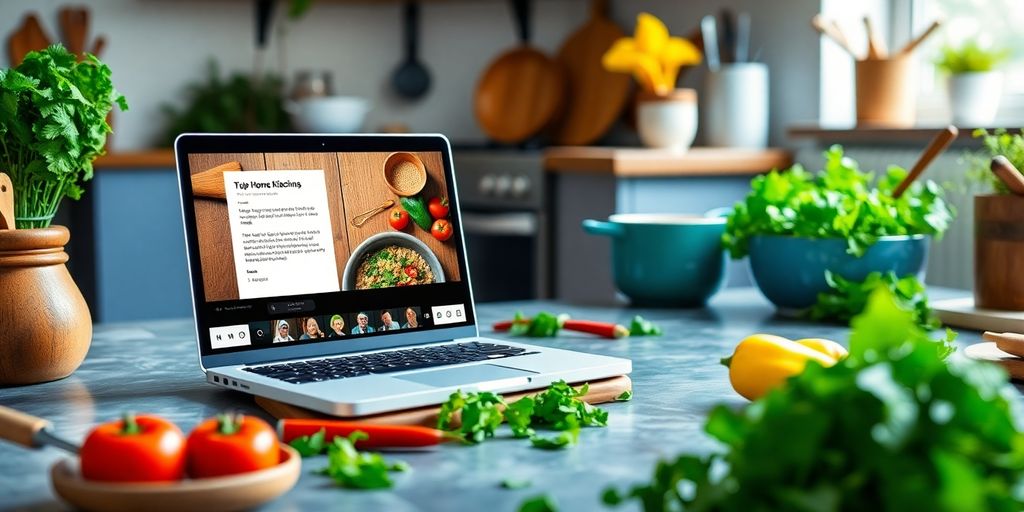
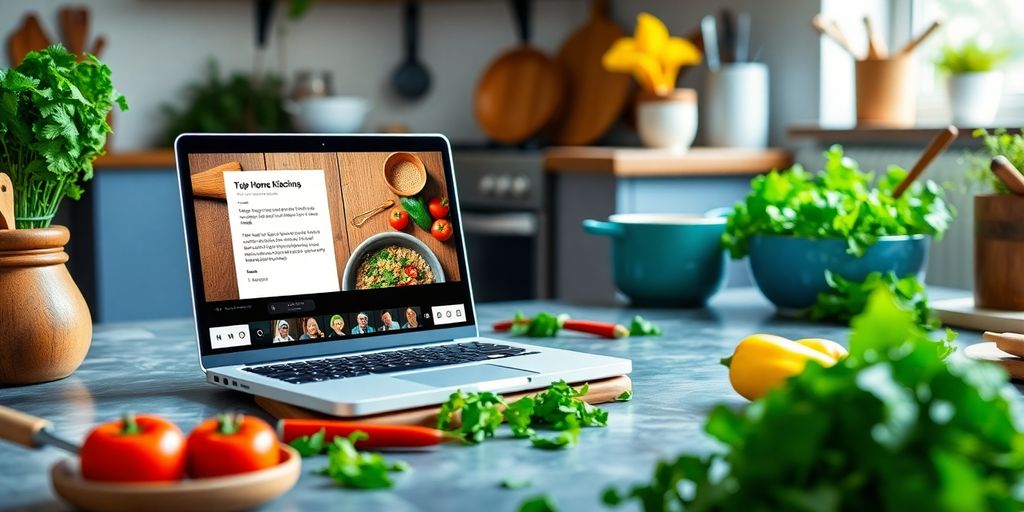

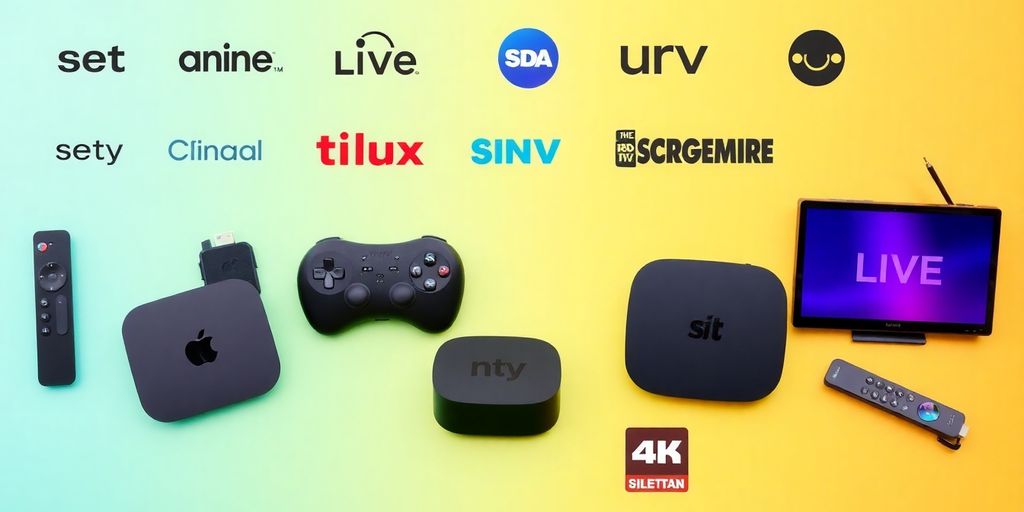
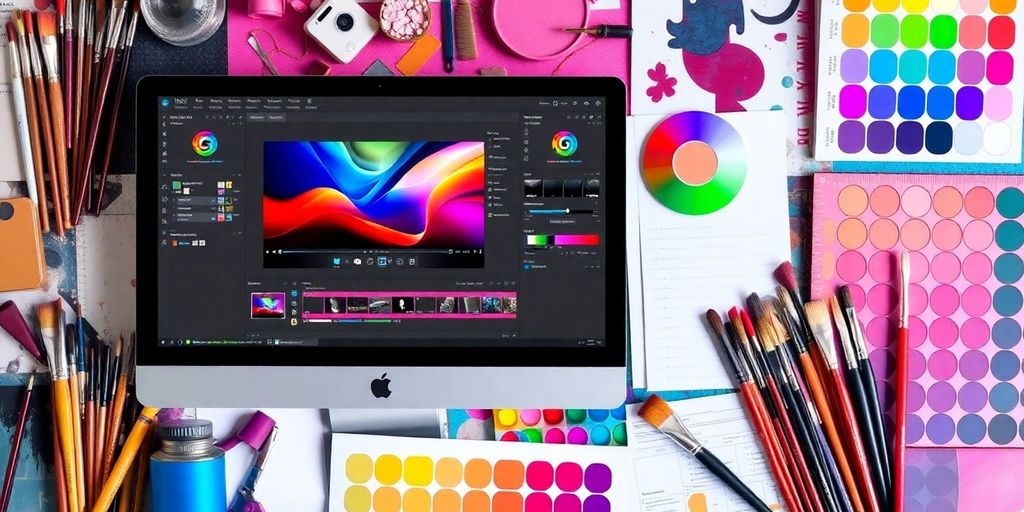
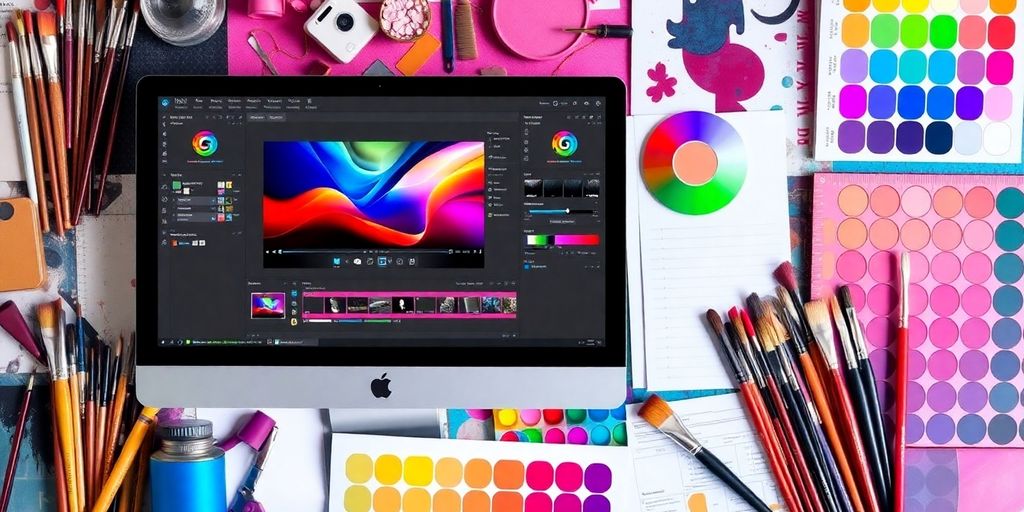
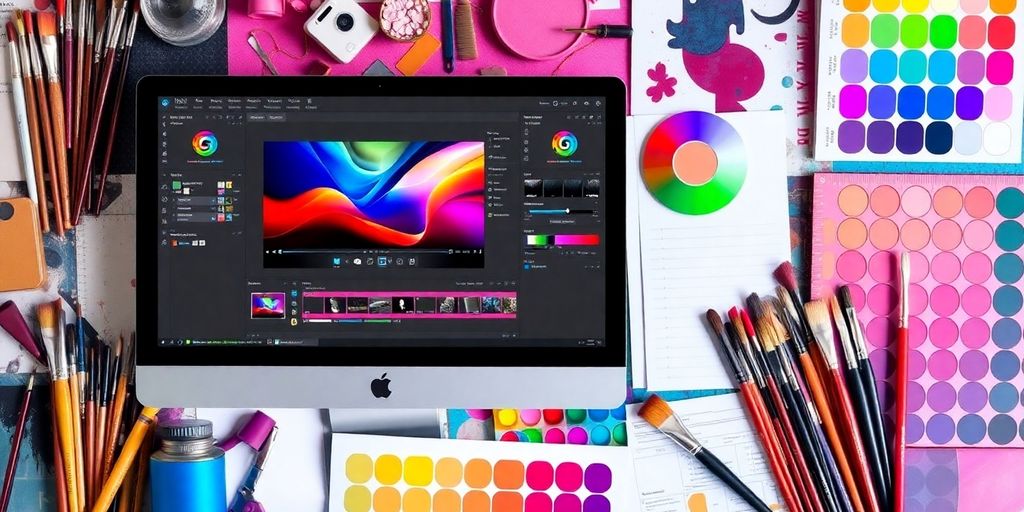

Responses